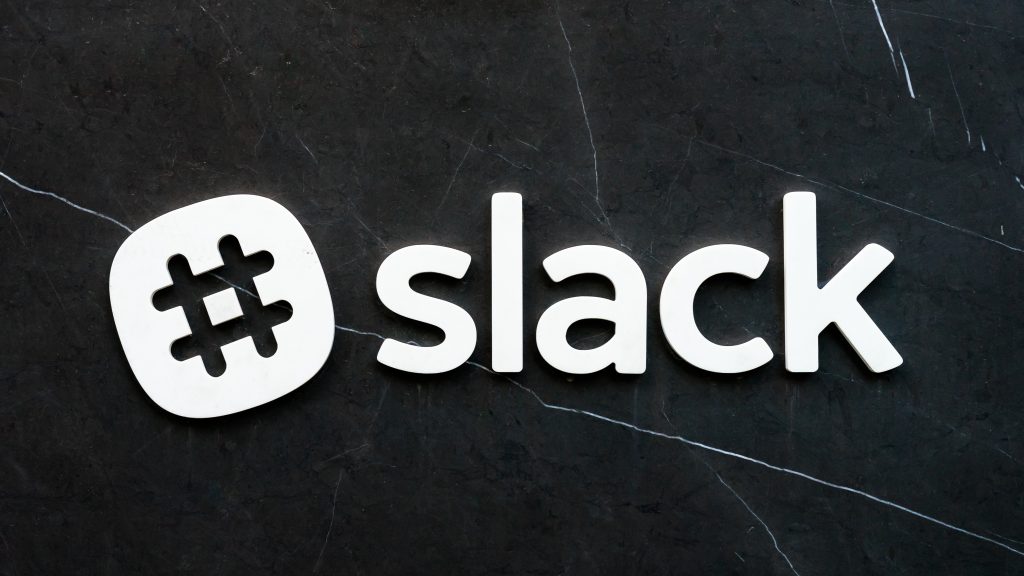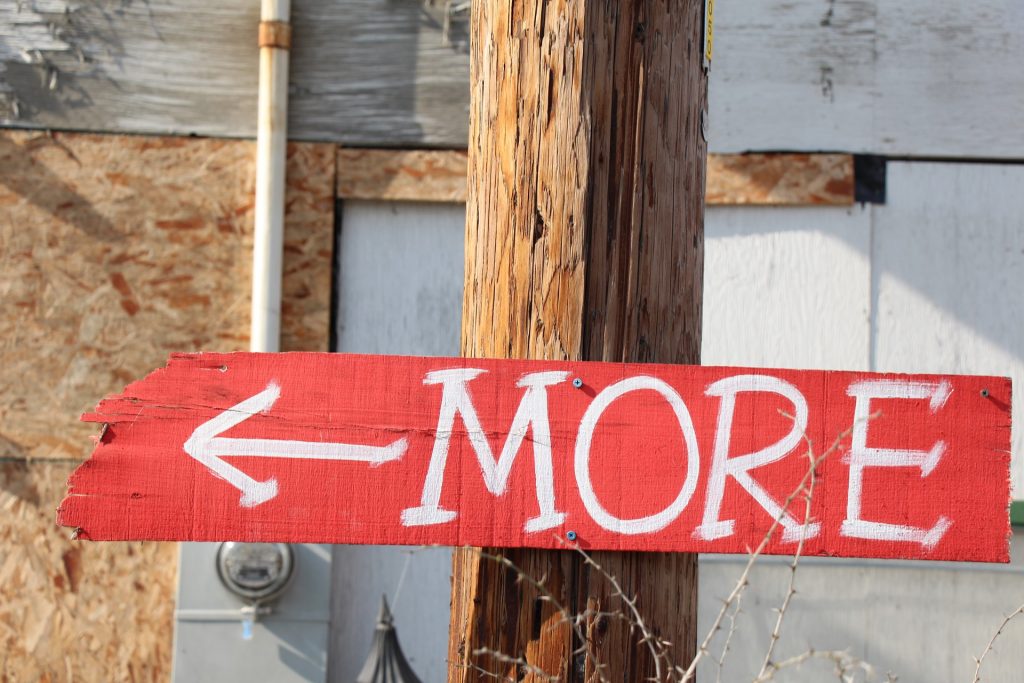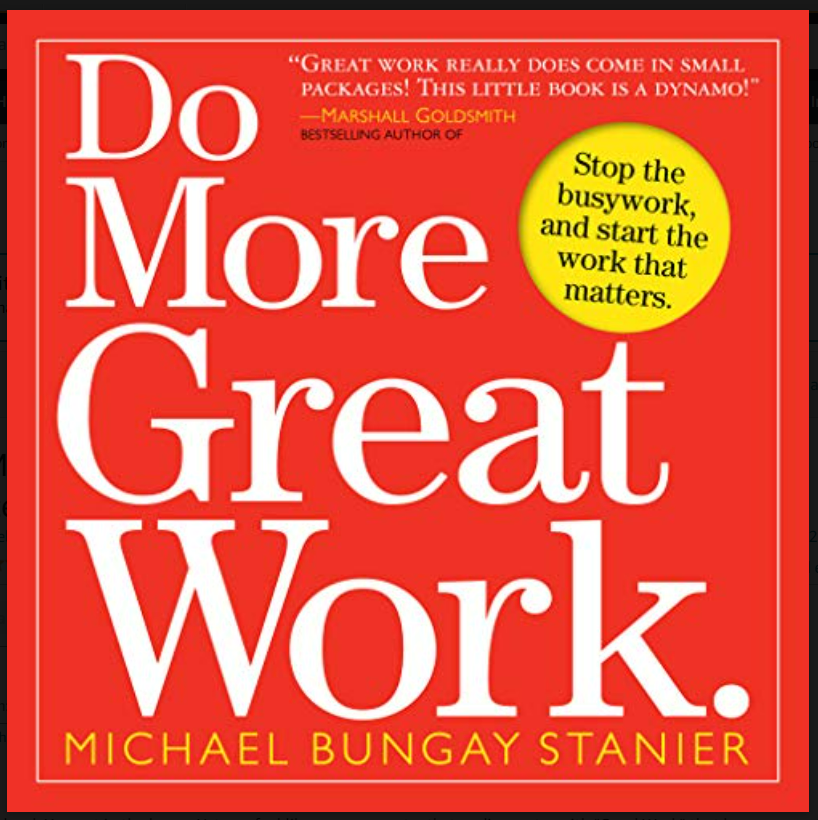The English language is considered by many cultures as one of the most difficult for an outsider to learn, as words and phrases often have many different meanings. The topic of today’s post, the word “slack”, is one of those words that can have a few different meanings. Most of us immediately imagine something negative when we hear the word slack, as we call to mind someone who’s not pulling their weight when it comes to their job, i.e., they’re slacking off. While it would never be a good thing to be thought of as a slacker when it comes to our home inspection job, it can certainly be argued that having a bit of slack can be beneficial to us in the long run.

While most of the time, the word slack is used with a negative connotation, we’re going to talk about building slack into our work. The Merriam-Webster dictionary offers the following as one of the definitions for slack: “a part that is available but not used.”
While all companies used to have things ready in reserve, in preparation for the inevitable rainy day, the current trend of maximizing profit has all but eliminated this practice. Building slack into a business process is something that’s not typically done anymore. Manufacturers used to keep extra parts around just in case something went wrong, but having inventory sitting around is now considered bad business, as the capital that used to be tied up in extra inventory is now used to bolster the bottom line.
We’re now seeing the results of companies failing to plan for the worst, as, for example, millions of dollars’ worth of new vehicles can’t be shipped because of a shortage of $20 computer chips. What used to fall under the heading of common sense, don’t let a shortage of something simple keep you from being able to make money, no longer applies in today’s business world.
We’re so fixated on maximizing our profits that we fail to set something aside “for a rainy day.”
The same thing can be said about many home inspectors’ business practices. In a rush to make as much money as possible, as quickly as they can, many business owners fail to build some slack into their product.
Instead of going a bit above and beyond their standards, and including a bit extra in their inspection report, they do the least amount of work possible. They offer their clients the bare minimum and are then surprised to find that their customers are not entirely pleased with their product.
Rather than taking a few minutes to proofread their inspection reports before publishing them, they choose to hit the send button as soon as they’ve typed their last comment. They provide the least quality possible and are then astonished when their customers complain because things are missing or not right in their report.
Rather than building in a bit of a buffer into their daily schedule, they overschedule themselves, trying to cram as many inspections as possible into their day. And when something does go wrong (and something always goes wrong), they’re puzzled when their clients and their agents get mad when they have to reschedule their inspection to another time.
Smart business owners realize that things will go wrong, mistakes will be made, and problems will occur. By working hard to build some slack into their product, their routines, and their schedule, these business owners are often better prepared to deal with the inevitable hiccups that occur. By planning ahead, they’re better able to deal with the day-to-day challenges of running a business.
By giving their clients more than they were expecting, they’re able to buy a bit of good will when things eventually go wrong with the house. By taking a bit more time to double check their work before shipping it, they’re able to catch a lot of the small errors that could’ve led to trouble. By allowing a bit of extra time in their schedule, they’re better situated to deal with the unavoidable glitches that come from dealing with the public, and much less likely to have to try to shift around an inspection to another slot in an already overflowing schedule.

The Merriam-Webster dictionary offers one other definitions for slack that seems to fit our predicament perfectly: “additional leeway or relief from pressure.” By making sure that we take a few extra minutes, do a little bit more than expected, and think about something else other than focusing exclusively on our bank account, we build slack into our daily routine, giving ourselves that little bit of leeway, the part that’s available for us to use if we need it, and lessening the pressure on ourselves in the process.
Sounds like slack isn’t so bad after all.
This post was inspired by a recent podcast from Seth Godin. Check him out. You’ll be glad you did.
Would you like to get an email every Friday where we share the newest things we’ve discovered about home inspections? CLICK HERE to sign up.
Want to be an Influencer in Your Field? Share This Post!
Thanks, Joe


